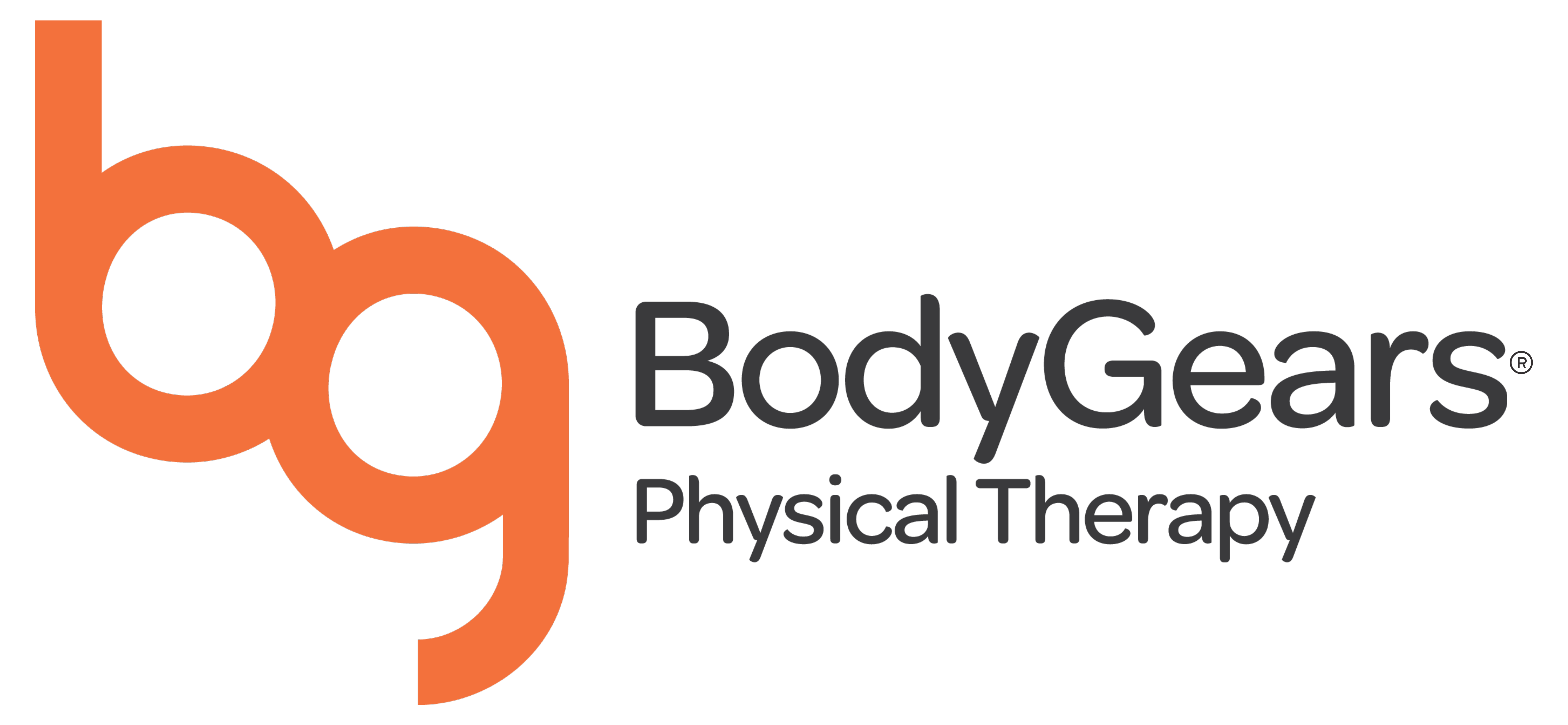November is National Bladder Health Awareness Month and your team at Body Gears wants you to live a more comfortable, confident lifestyle. Here are some tips for taking control of your pelvic health.
This November, let’s break the stigma on bladder health. According to a recent National Poll on Healthy Aging report, more than 40% of women over age 50, and more than 50% of women over 65 suffer from incontinence.
Of those who suffer, 41% classified it as a “somewhat” or “major” problem, and yet two-thirds of those affected have yet to speak to their doctor about solutions. This delay in seeking care has been linked to a variety of snowball effects, including disturbed sleep, decreased self-esteem, decreased sexuality, and feelings of overall declining health.
There are two common forms of incontinence: stress and urge. Stress can be caused by a physical trigger, including laughing, coughing, sneezing or exercising. Urge is any situation in which you felt the need to go to the bathroom but did not make it.
The good news is that bladder leakage should not be embarrassing to discuss, and is not just a normal part of the aging process. More importantly, physical therapy is the most effective and least invasive way to gain relief.
When you’re ready, contact the friendly, trusted team at Body Gears to help design a pelvic health physical therapy plan that addresses your needs. In the meantime, let this list of tips be your first step on the road to empowerment.
1. Stay Hydrated
This seems counterintuitive, but the key to bladder health is staying on schedule. Many people suffering from overactive bladder also experience dehydration in an attempt to curb the problem, which causes more problems than it fixes.
Instead, switch to water, aim for eight glasses per day, and drink at regular intervals to help your body get into a rhythm. If caffeine, nicotine or other stimulants are part of your daily regimen, consider cutting back as those create urgency.
2. Get Regular Exercise
Your body was made to move! One of the most important steps for taking control of your health is through regular, low-impact exercise. This can improve your bladder health through a variety of means, starting with strengthening your pelvic muscles, which improves bladder support and control. Second, exercise helps keep you regular. Constipation and irregularity can have a major impact on your pelvic floor and irritate your bladder. Staying active helps keep all of your systems in tune.
3. Focus On Your Diet
The fuel you put into your body affects everything about your health, and your pelvic floor is no different.
First, consider experimenting with food removal to see if there is something irritating your bladder. Carbonated drinks (even sparkling water), caffeine, spicy food, ketchup, chocolate, strawberries, apple cider vinegar, and even citrus are common culprits. Try systematically removing them for a week at a time and see if that brings relief.
Second, consider weight loss as part of your solution to incontinence. While any weight loss plan should be carefully considered with medical professionals, a reduction in weight has been proven to have a positive impact on urinary symptoms.
4. Use The Bathroom When Needed
There’s a balance to bladder health between going too often and holding for too long. If you’re currently not experiencing issues with incontinence, there is value in not going before you’re ready. However, if you currently experience leakage, you should consider going more often, sitting down completely on the seat, and staying until your bladder is empty. Hovering and not using public bathrooms are helpful tactics to avoid the spread of germs, but they may also be irritating your bladder to the point of incontinence.
5. Build Your Pelvic Health Team
We get it–bladder health feels taboo. But why suffer in silence? The team at Body Gears is ready to put together a regimen best suited to your needs and work with you each step of the way. Kegels get the attention, but there are actually many strategies for improving the muscles in your pelvic floor and relieving the symptoms of incontinence. National Bladder Health Awareness Month is the perfect time to visit one of our six Chicagoland centers for a free 20-minute screening.
Meet our care team and let’s find empowerment together.






